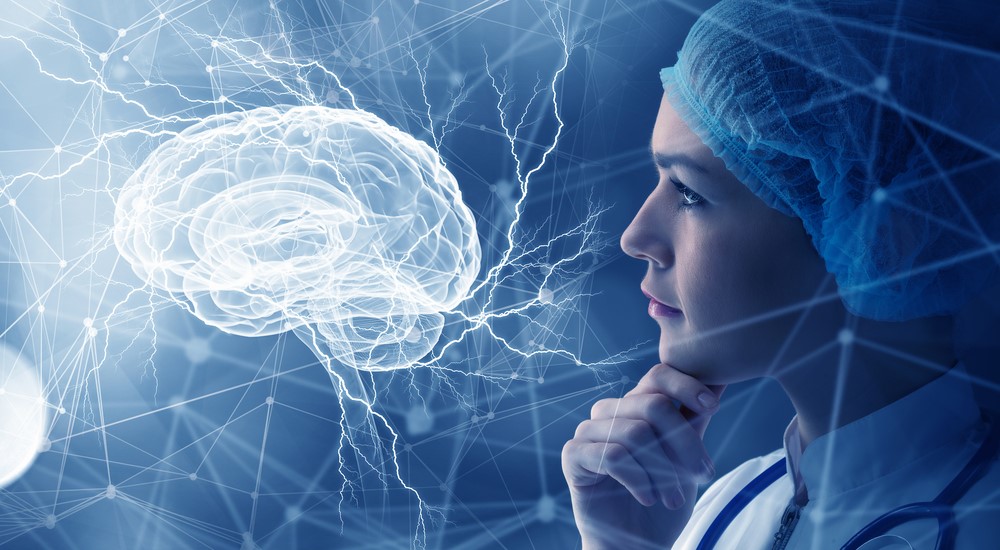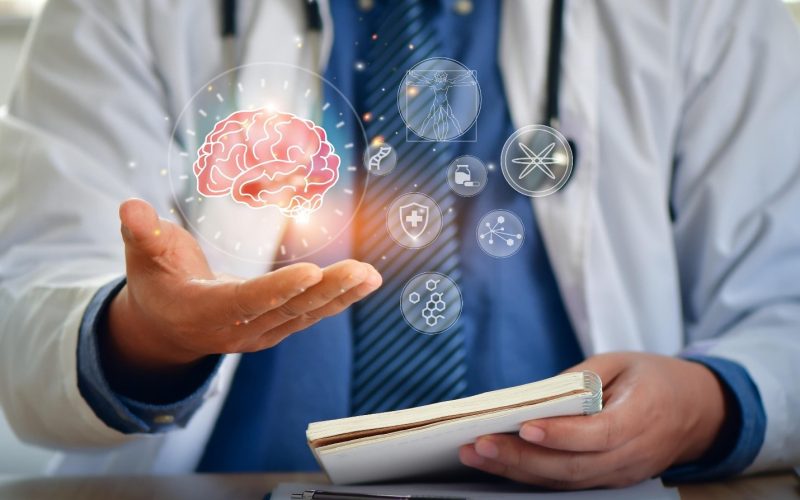Artificial Intelligence (AI) has become a transformative force across various industries, and its application in mental health care is no exception. The integration of Artificial Intelligence in mental health care offers promising advancements in diagnosis, treatment, and patient management. This article delves into the multifaceted role of AI in mental health care, highlighting its benefits, challenges, and future prospects.
The Promise of Artificial Intelligence in Mental Health Care
AI’s potential in mental health care lies in its ability to analyze vast amounts of data, recognize patterns, and make predictions far beyond human capabilities. Here are some key areas where AI is making significant contributions:
1. Early Detection and Diagnosis
One of the most critical aspects of mental health care is early detection and diagnosis. AI algorithms can analyze data from various sources, including electronic health records, social media activity, and wearable devices, to identify early signs of mental health issues. For instance, machine learning models can detect changes in speech patterns, social interactions, and even facial expressions that may indicate conditions like depression or anxiety.
2. Personalized Treatment Plans
AI has the potential to revolutionize the way treatment plans are developed. By analyzing patient data, AI can help clinicians create personalized treatment plans tailored to individual needs. This approach ensures that patients receive the most effective interventions, reducing trial-and-error periods and improving overall outcomes.
3. Virtual Therapists and Chatbots
Virtual therapists and AI-powered chatbots are becoming increasingly popular in mental health care. These tools can provide immediate support to individuals in distress, offering coping strategies and emotional support. While they are not a replacement for human therapists, they can serve as an accessible resource for those who may not have immediate access to professional help.
4. Monitoring and Predictive Analytics
AI can continuously monitor patients’ mental health by analyzing data from wearable devices and mobile apps. This real-time monitoring allows for early intervention if a patient’s condition begins to deteriorate. Predictive analytics can also help identify individuals at high risk of mental health crises, enabling proactive measures to prevent severe outcomes.

The Benefits of AI in Mental Health Care
The integration of Artificial Intelligence in mental health care offers several benefits, including:
1. Increased Accessibility
AI-powered tools can bridge the gap in mental health care accessibility, particularly in underserved areas. Virtual therapists and chatbots can provide support to individuals who may not have access to traditional mental health services due to geographic or financial barriers.
2. Improved Efficiency
AI can streamline administrative tasks, such as scheduling appointments and managing patient records, allowing mental health professionals to focus more on patient care. This increased efficiency can lead to shorter wait times and improved patient satisfaction.
3. Enhanced Accuracy
AI algorithms can analyze large datasets with high precision, reducing the likelihood of misdiagnosis. This accuracy is crucial in mental health care, where accurate diagnosis is essential for effective treatment.
4. Data-Driven Insights
AI can uncover patterns and trends in mental health data that may not be apparent to human clinicians. These insights can inform the development of new treatment approaches and improve our understanding of mental health conditions.
Challenges and Ethical Considerations
While the potential of Artificial Intelligence in mental health care is immense, several challenges and ethical considerations must be addressed:
1. Privacy and Data Security
The use of Artificial Intelligence in mental health care involves the collection and analysis of sensitive patient data. Ensuring the privacy and security of this data is paramount. Robust data protection measures and compliance with regulations such as HIPAA are essential to maintain patient trust.
2. Bias and Fairness
AI algorithms are only as good as the data they are trained on. If the training data is biased, the AI system may produce biased outcomes. It is crucial to ensure that AI systems are trained on diverse and representative datasets to avoid perpetuating existing disparities in mental health care.
3. Human-AI Collaboration
AI is not a replacement for human clinicians but a tool to augment their capabilities. Effective collaboration between AI and human professionals is essential to ensure that AI’s recommendations are interpreted and applied correctly. Clinicians must be trained to understand and work with AI systems.
4. Ethical Use of AI
The ethical use of AI in mental health care involves ensuring that AI tools are used to benefit patients and do not cause harm. This includes transparent communication with patients about the use of AI in their care and obtaining informed consent.
The Future of AI in Mental Health Care
The future of AI in mental health care is promising, with ongoing research and development aimed at overcoming current challenges and expanding AI’s capabilities. Here are some potential future developments:
1. Advanced Predictive Models
Future AI systems may develop even more advanced predictive models that can identify subtle indicators of mental health issues, enabling earlier and more accurate diagnoses. These models could also predict the efficacy of different treatment options for individual patients.
2. Integration with Wearable Technology
The integration of AI with wearable technology will continue to evolve, providing continuous monitoring of mental health. Wearable devices equipped with AI algorithms could detect changes in physiological and behavioral patterns, offering real-time feedback and interventions.
3. Telehealth and Remote Monitoring
The COVID-19 pandemic has accelerated the adoption of telehealth, and AI will play a significant role in enhancing remote mental health care. AI-powered telehealth platforms can provide virtual consultations, monitor patient progress, and offer personalized interventions from the comfort of patients’ homes.
4. Collaborative AI Systems
Future AI systems will likely be designed to work collaboratively with human clinicians, providing decision support and augmenting their expertise. These systems will help clinicians make more informed decisions and improve patient outcomes.
Conclusion
AI is poised to revolutionize mental health care by improving early detection, personalizing treatment plans, and increasing accessibility to mental health services. While challenges and ethical considerations remain, the potential benefits of Artificial Intelligence in mental health care are substantial. As technology continues to advance, AI will play an increasingly important role in enhancing mental health care and improving the lives of individuals worldwide. The key to success lies in harnessing AI’s capabilities while ensuring ethical and equitable use, ultimately leading to a brighter future for mental health care.










